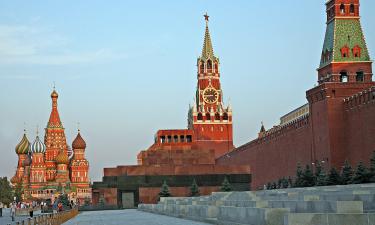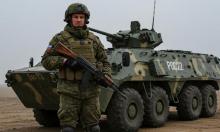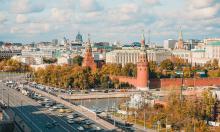MOZAMBIQUE: CONFRONTATION BETWEEN FRELIMO AND RENAMO
After more than a decade of war against the colonial power, Portugal, Mozambique gained its independence in 1975. Samora Machel led the country for ten years, until he died in a mysterious plane crash. Under his rule, the country never managed to affirm itself in the international community because of the vicious civil war fought between his party, FRELIMO and the rival group, RENAMO, led by Afonso Dhlakama, with its power base around Beira, in the centre of the country. Machel was succeeded by Joaquim Chissano, the regime’s deputy leader and under his leadership, talks were held with RENAMO, concluding in the Rome Peace Agreement of October 1992. General elections were held in 1994, which FRELIMO won and RENAMO decided to make democratic, peaceful opposition. The thorny issue was the handing over of weapons, however, as always when one group is not defeated militarily. As Chissano’s police force tried to take the weapons from ex-RENAMO activists in Beira, last Thursday, it is reported that Dhlakama ordered his men to shoot to kill if anyone tried to take their arms from them. RENAMO accuses FRELIMO of attempting to render the movement powerless before it proceeds with a campaign to destroy the opposition. FRELIMO states that Renamo never tried to integrate its forces in a national government. This situation creates a climate of tension and the question is poised as to whether Mozambique will fall back into the paths followed by so many other African nations in the region, which would be a tragedy, exactly now that foreign investment is pouring into the country. Although a former Portuguese colony, Mozambique was recently accepted into the British Commonwealth. This gave the country real possibilities of trade and commerce and was a premium for its mature political attitude, possibilities which are beginning to bear fruition. For how long, depends on the political factions in Maputo
Tim Bancroft-Hinchey Lissabon
Subscribe to Pravda.Ru Telegram channel, Facebook, RSS!




